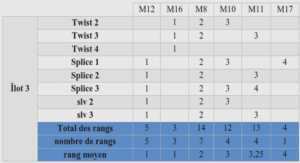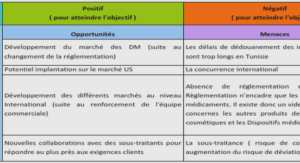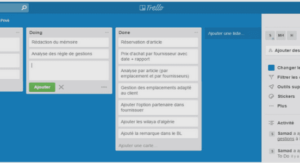Designing the operational management role
This means that steps should be taken to prepare for operational management prior to contract signature as well as on a regular basis during the life of the contract before the actual operational management tasks are carried out. Indeed, operational management will not be effective if the Authority waits for the needs to arise without, for example, thinking about the most appropriate way to perform the tasks and gather the necessary information. Unless the contractual, organisational and human/budgetary resource aspects of operational management are properly planned from the outset, results are unlikely to be satisfactory doing contract operation. The cost for the Authority of managing/monitoring the future project and PPP contract must be taken into account in the ex-ante studies which compare the value for money of different procurement scenarios. To make an objective comparison, the Authority needs to use realistic assumptions in terms of the number of people, level of qualifications and salaries in both the publicly procured and PPP scenarios. This means that the studies require a sound preliminary understanding of the operational management activities. Moreover, the provisions of the PPP contract should aim to define as precisely and pragmatically as possible the interactions between the parties. This will be facilitated if representatives of the team who will eventually be involved in the management can participate in the drafting/negotiations of the contract. The resulting arrangements are likely to be more pragmatic and user-friendly.
The Authority should ensure that sound comprehensive requirements for the operational period are included in the draft contract sent to the bidders and discussed with them during the procurement process. This is particularly beneficial where the project is procured through a competitive dialogue. The advantages of doing so are that the Authority (i) can take the lead and ensure that the bids include arrangements that fit with their strategy and (ii) can limit the risk of having to renegotiate the relevant provisions of the contract at the beginning of the contract life. Finally, the Authority should ensure that the contract manager (i.e. the person at the Authority eventually in charge of managing the PPP contract once signed, see below), is in place and sufficiently well prepared before the contract is signed so that they take advantage of the dialogue/negotiations with the private partner to start building the future partnership. Finally, the Authority should ensure that the contract manager (i.e. the person at the Authority eventually in charge of managing the PPP contract once signed, see below), is in place and sufficiently well prepared before the contract is signed so that they take advantage of the dialogue/negotiations with the private partner to start building the future partnership.
To the extent possible, the project director who is in charge for the preparation and procurement phases of the project should have some understanding of operational management or should be able to rely on operational management practitioners. The full operational management team doesn’t need to be appointed at the procurement stage, but the Authority should consider a “ramp-up” period, during which those responsible for implementation of the contract gradually take over from those involved in the procurement process. As noted above, it is important to ensure that the history of the procurement phase is available throughout the life of the contract. This can be achieved by (i) minuting important meetings and archiving the key versions of the project documents/contracts and (ii) retaining the project director and/or other key employees in charge of the procurement phase for the early years of the contract life. When appointing staff, the Authority should pay attention to the risk of conflicts of interest arising between its team and the private partner. Where possible, it may be useful to stipulate in the employment contract of any team staff that they may not accept a job offered by the private partner for a certain period of time after the end of their contract with the Authority.



